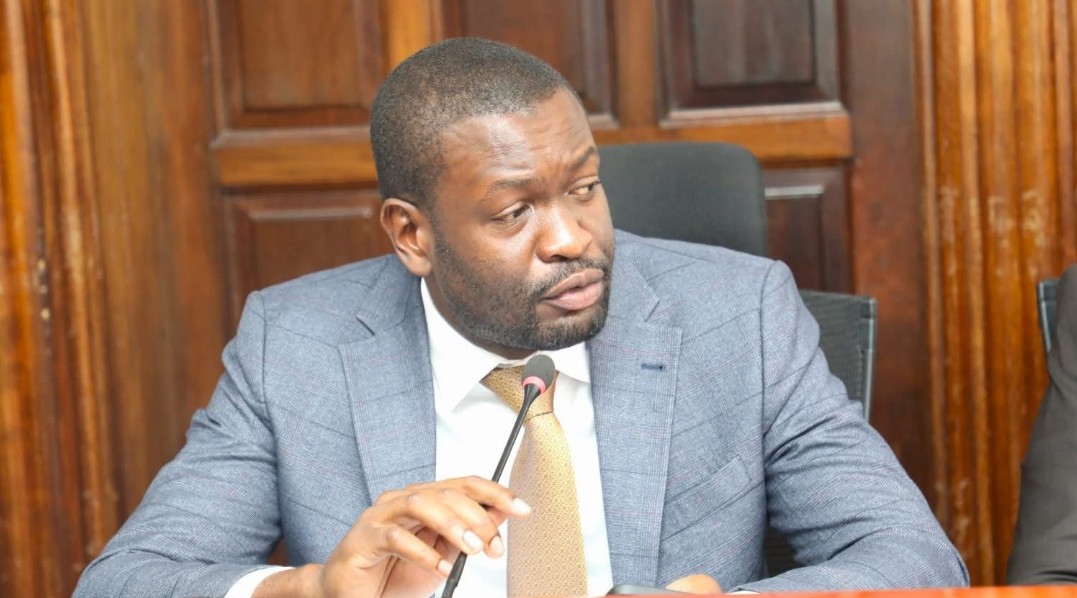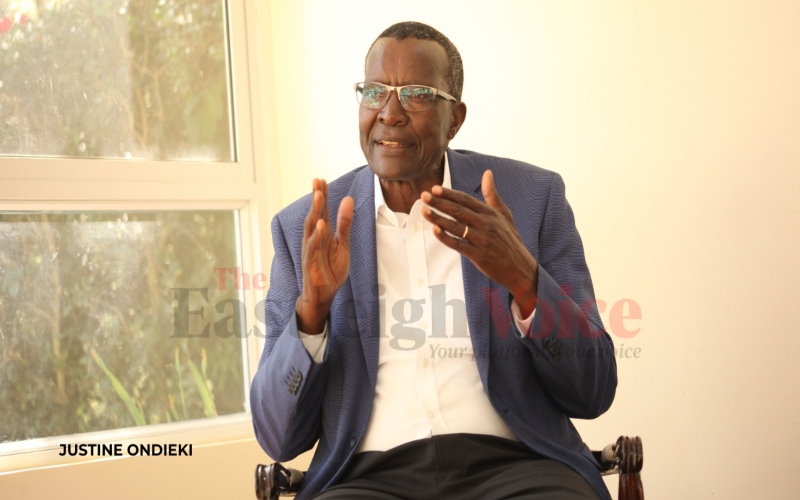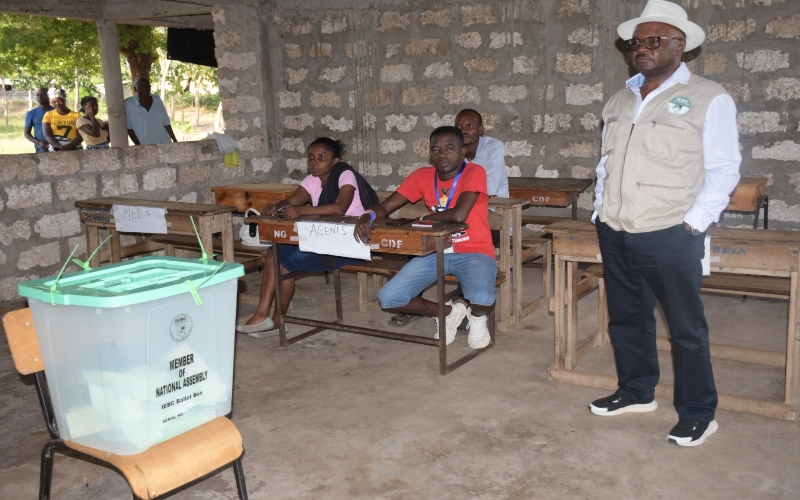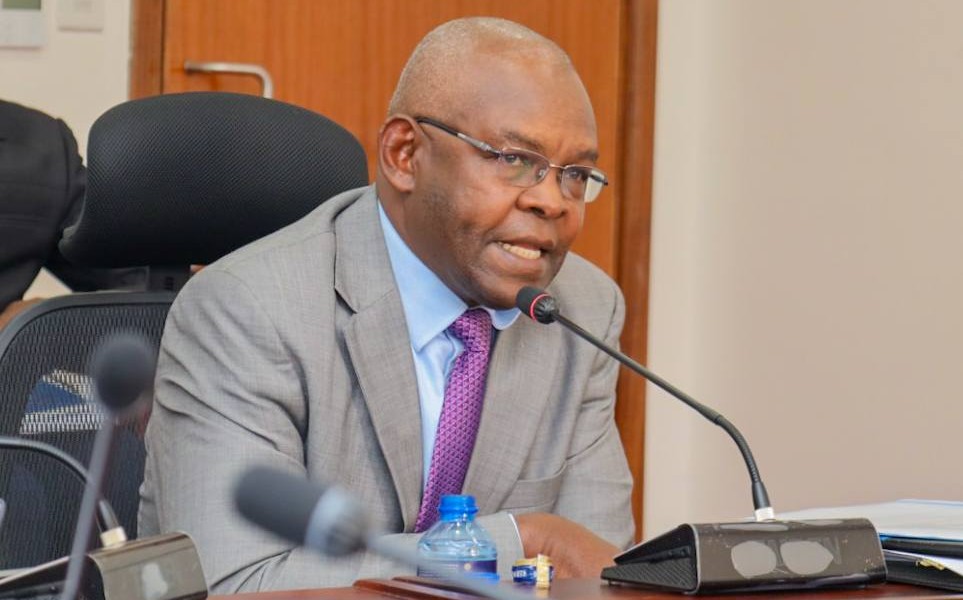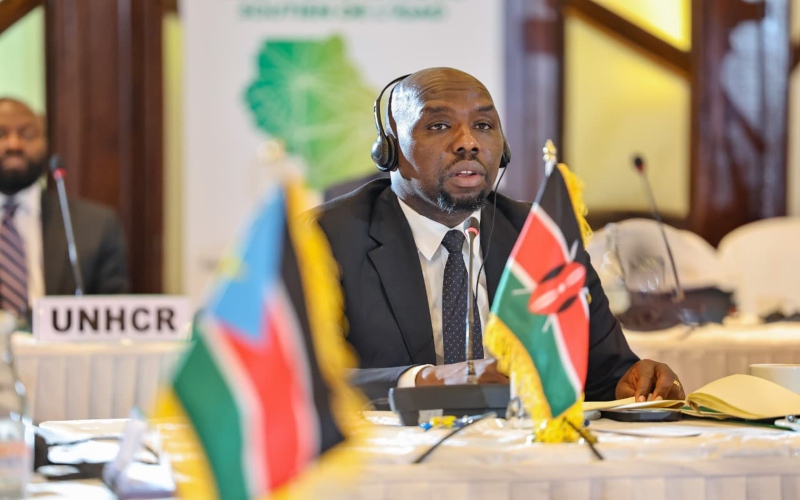Kenya at risk of losing Sh80 billion annually as Trump halts foreign aid
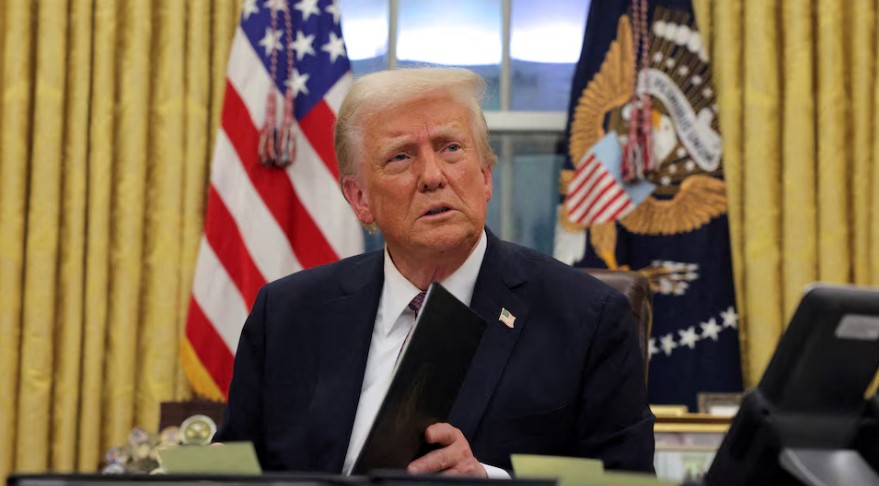
Over the past five years, the health sector has consistently received the largest share of US assistance, amounting to Sh1.89 billion.
Kenya stands to lose over Sh80 billion annually following US President Donald Trump’s directives to pause foreign aid.
Data from the US Department of State indicates that in 2024, Kenya received Sh83.5 billion out of an estimated Sh90 billion, with the health sector taking the largest share of Sh39.5 billion.
More To Read
- Sudan ceasefire bid in limbo as army chief Abdel Fattah rejects Trump proposal while RSF agrees
- G20 summit in South Africa adopts declaration despite US boycott
- South Africa rejects US plan to send Chargé d’Affaires for G20 handover
- Trump to focus on ending Sudan civil war
- Nigeria dismisses US claims about prosecution of Christians
- US revokes visa for Nigerian Nobel laureate Wole Soyinka after criticism of Trump
Humanitarian aid accounted for Sh27.8 billion, while economic development, programme support, and democracy received Sh7.1 billion, Sh6.3 billion, and Sh1.2 billion, respectively.
The education sector was allocated Sh981 million, while Sh309 million was directed to peace and security.
The decision to halt funding comes as part of a series of policies introduced by Trump since his inauguration last month.
In his first week, he signed 36 executive orders, including a directive pausing foreign aid for 90 days and withdrawing the US from the World Health Organization (WHO).
Experts have warned that the move could have devastating consequences for developing nations that rely heavily on external funding.
Critical programmes
In Kenya, the US has been a key financial contributor to critical programmes such as the President’s Emergency Plan for AIDS Relief (PEPFAR), the Malaria Initiative, and the Global Health Security Agenda.
Over the past five years, the health sector has consistently received the largest share of US assistance, amounting to Sh1.89 billion. This funding has supported life-saving interventions, including the provision of antiretroviral drugs, vaccine distribution, and training of healthcare providers.
Kenya has received approximately Sh472 billion from the US in the past five years alone, highlighting the country’s dependence on foreign aid.
The temporary suspension of funding could pose significant challenges if President William Ruto’s administration does not find alternative solutions.
To mitigate the potential crisis, Treasury Cabinet Secretary John Mbadi announced plans to restructure the national budget to support critical programmes affected by the funding freeze.
“We will have no alternative but to redirect part of the development budget to sustain crucial programmes that could be starved of funds if the US halts foreign aid,” Mbadi said on February 3, 2025.
Health Director-General Patrick Amoth also sought to reassure the public, stating that the Ministry has sufficient antiretroviral drugs to last at least six months.
He expressed confidence that development partners and private stakeholders would step in to bridge the funding gap.
“We have enough HIV commodities, including antiretrovirals and testing kits,” he said.
Top Stories Today

